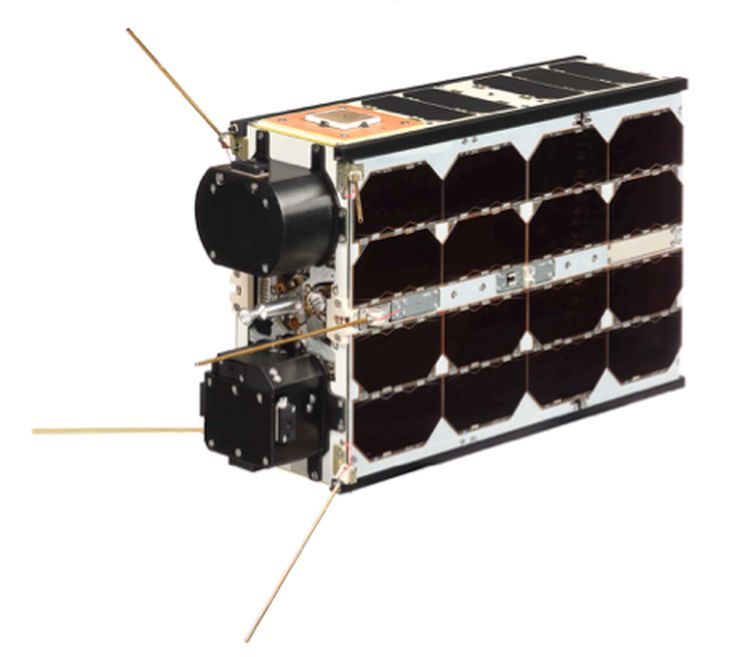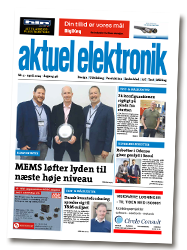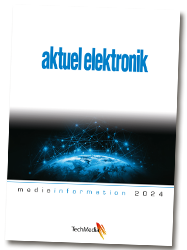 Lacuna Space is pleased to announce the successful conclusion of the first phase of testing in its mission to provide complete global coverage for LoRa® devices and wireless radio frequency technology (LoRa Technology) to anywhere in the world, no matter how remote.
Lacuna Space is pleased to announce the successful conclusion of the first phase of testing in its mission to provide complete global coverage for LoRa® devices and wireless radio frequency technology (LoRa Technology) to anywhere in the world, no matter how remote.
Lacuna Space is at the forefront of satellite IoT connectivity, with low-cost and high-scalability as its fundamental tenets in its system design. Over the course of the last two years, Lacuna has been collaborating with Semtech Corporation to extend LoRa Technology connectivity to the whole world. Lacuna Space has been developing satellite gateways and working with Semtech to evolve LoRa Technology to enable direct communication from LoRa-based devices to satellite gateways utilizing the LoRaWAN® protocol.
Lacuna’s first satellite launch of the year was on 1st April 2019 from the Satish Dhawan Space Centre in India, where it shared a ride to Low Earth Orbit with EMISAT and 27 other satellites. Lacuna’s LoRa-based Space Gateway was hosted on a 6U cubesat satellite provided by Nano Avionics, and Lacuna is pleased to announce that the satellite and the Space Gateway out-performed expectations during the initial commissioning phase.
Thomas Telkamp CTO, Lacuna Space, said that, “We have test systems deployed around the world in countries as diverse as South Africa, Netherlands, UK, USA, India, Japan, Slovenia and the Reunion Island, and we have shown that we are able to communicate effectively from anywhere in the world, no matter how remote, to our LoRa-based Space Gateway.“
Nicolas Sornin, CTO, Semtech said, “Lacuna expanding the LoRaWAN-based network coverage to the most remote regions is an incredible technical achievement. More users will develop LoRa-based applications that need long range, low power and flexible capabilities.”
A further three satellites are set for launch in Q3 and Q4 of this year to complete Lacuna’s initial demonstration constellation. Rob Spurrett, CEO said, “We are eager to get these next satellites launched so we can increase the performance of the whole system, including the fine tuning of our novel adaptive radio approach that enables us to detect tiny signals directly from battery powered sensors in remote locations.”
Lacuna is aiming to be ready to perform more extensive demonstrations with a select group of potential users towards the end of the year thanks to part funding and support from the European Space Agency and UK Space Agency.
Contact Lacuna by email on get_me_started@lacuna.space.

